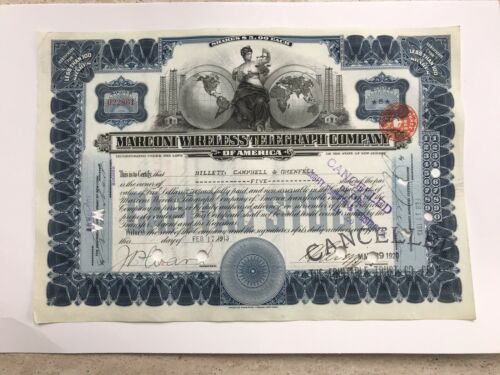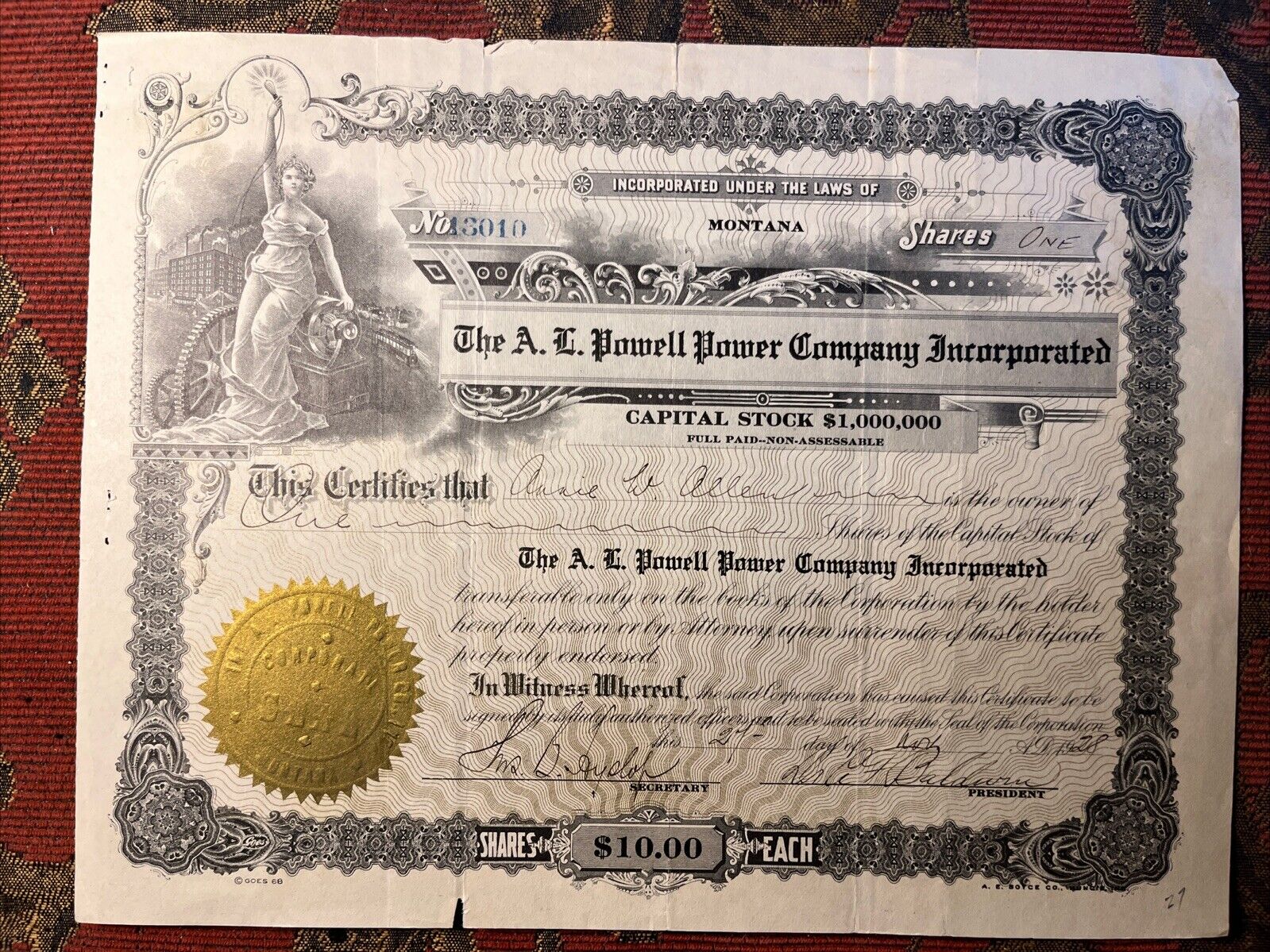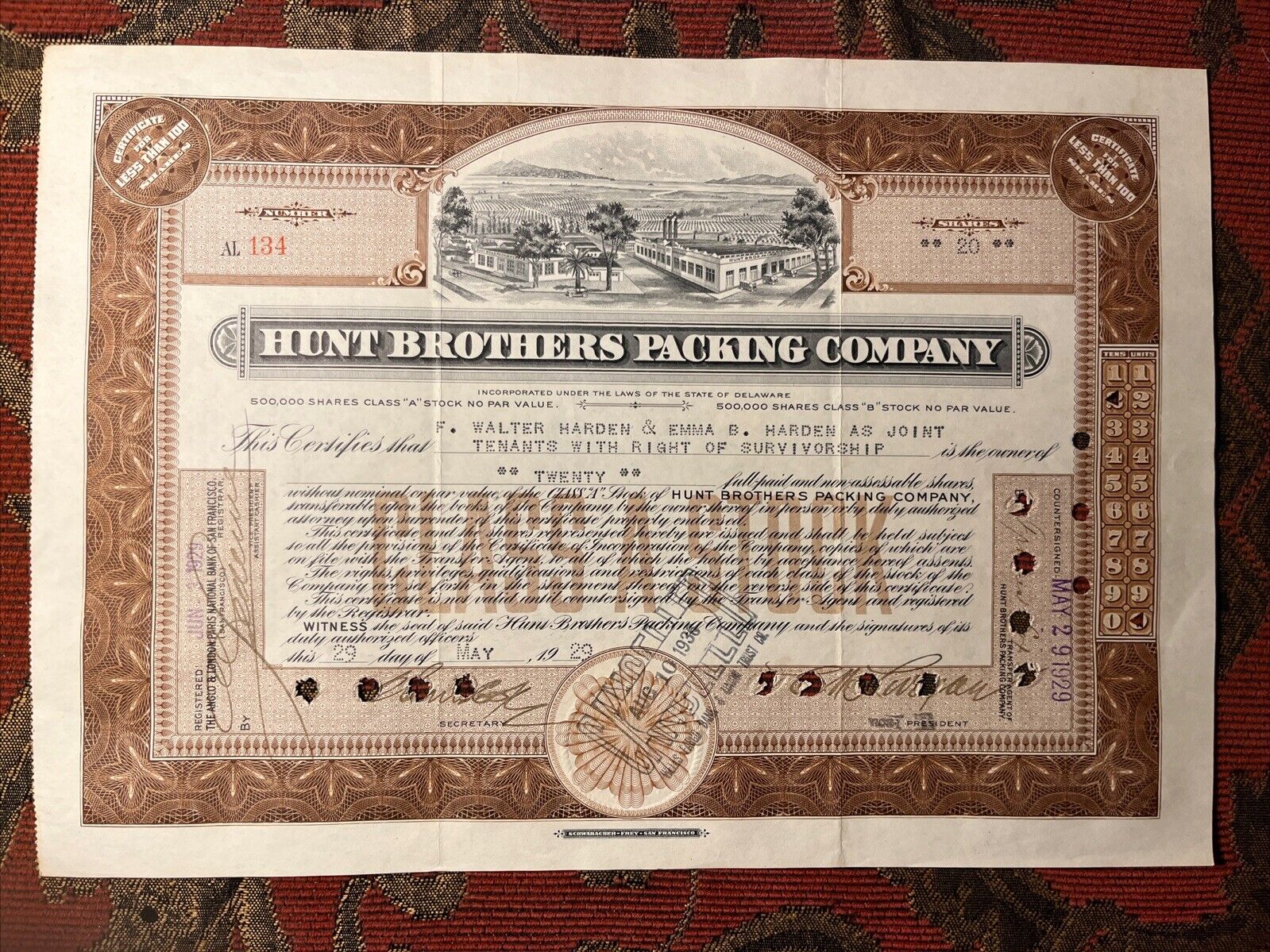-40%
Washington Mutual stock certificate 2008 Biggest Bank Collapse PreBankruptcy Shr
$ 26.39
- Description
- Size Guide
Description
Washington Mutual stock certificateLargest Bank Failure in US History
Dated 2008
Biggest S&L Collapse
Pre-Bankruptcy Shares
Washington Mutual, Inc. (often abbreviated to WaMu) was an American savings bank holding company based in Seattle. It was the parent company of WaMu Bank, which was the
largest savings and loan association in the United States until its collapse in 2008
.
On September 25, 2008, the United States Office of Thrift Supervision (OTS) seized WaMu's banking operations and placed it into receivership with the Federal Deposit Insurance Corporation (FDIC).[10] The OTS took the action due to the withdrawal of US.7 billion in deposits during a 9-day bank run (amounting to 9% of the deposits it had held on June 30, 2008).[11] The FDIC sold the banking subsidiaries (minus unsecured debt and equity claims) to JPMorgan Chase for .9 billion, which had been considering acquiring WaMu as part of a plan internally nicknamed "Project West".[12][13][14] All WaMu branches were rebranded as Chase branches by the end of 2009.[15] The holding company was left with billion in assets, and billion in debt, after being stripped of its banking subsidiary by the FDIC. The next day, it filed for Chapter 11 voluntary bankruptcy in Delaware, where it was incorporated.[7][16]
Regarding total assets under management, WaMu's closure and receivership is
the largest bank failure in American financial history
.[6][7] Before the receivership action, it was the sixth-largest bank in the United States.[18] According to WaMu's 2007 SEC filing, the holding company held assets valued at 7.9 billion (~8 billion in 2022).[19]
On March 20, 2009, WaMu filed suit against the FDIC in the United States District Court for the District of Columbia, seeking damages of approximately billion (~.3 billion in 2022) for an alleged unjustified seizure and unfair low sale price to JPMorgan Chase. JPMorgan Chase promptly filed a counterclaim in the Federal Bankruptcy Court in Delaware, where the WaMu bankruptcy proceedings had been continuing since the Office of Thrift Supervision's seizure of the holding company's bank subsidiaries.
Since the company went bankrupt, there is no trading or redemption value to the certificate, only the value as a scarce collectable certificate.









